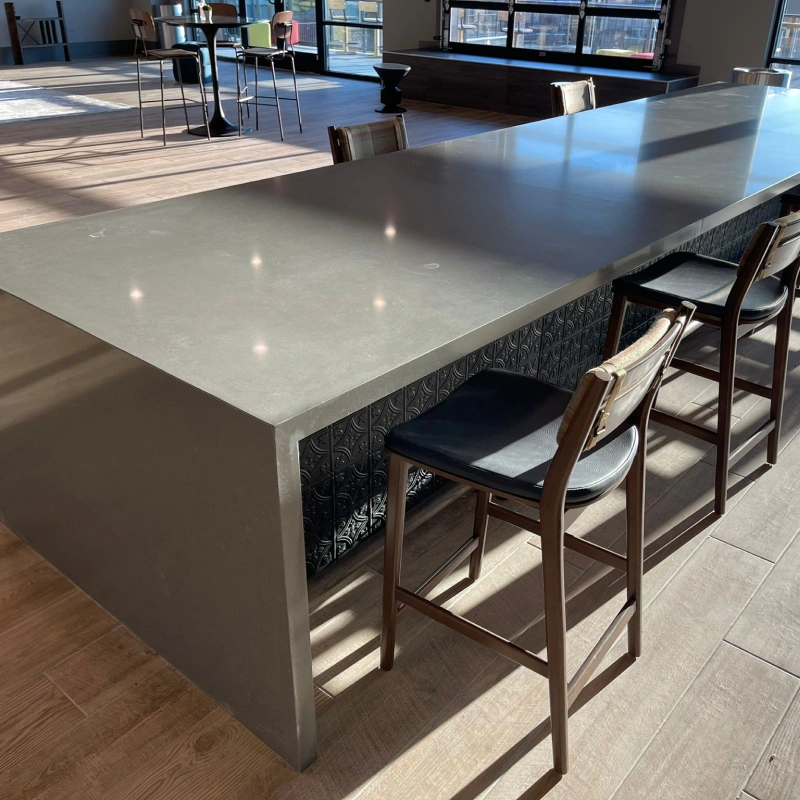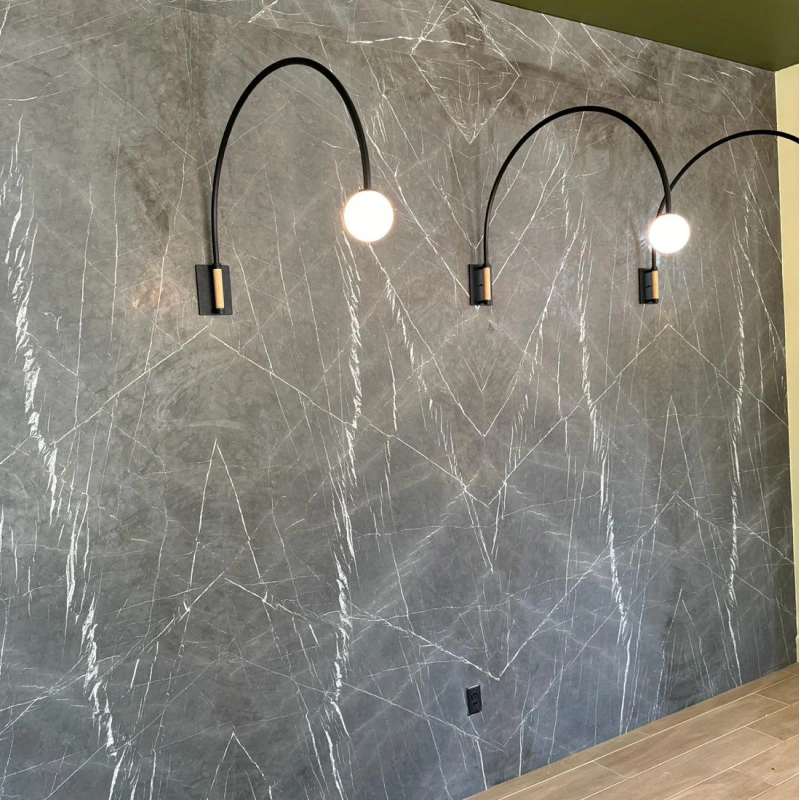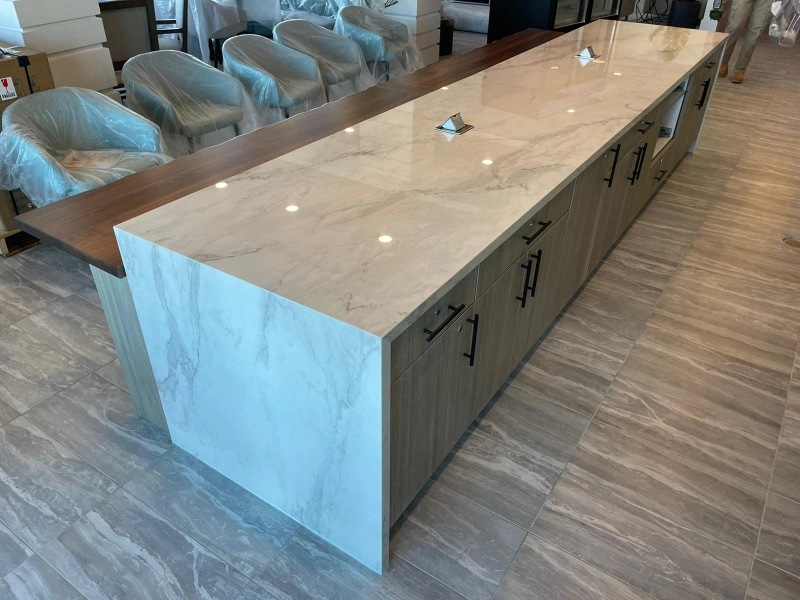Quartz vs. Granite: A Comparative Analysis of Pros and Cons
When selecting the ideal countertop for your kitchen or bathroom, quartz and granite are two of the most popular options. Both materials offer their unique benefits and some challenges, and understanding the differences between them can help you make an informed choice. Below is a side-by-side comparison of quartz and granite countertops to assist in your decision-making process.
Quartz:
- Composition: Quartz countertops are engineered products made from 93-95% crushed natural quartz mixed with resins and pigments.
- Appearance: Quartz offers a wide array of colors and patterns, including designs that resemble natural stone, providing great flexibility to match your décor.
- Durability and Maintenance: Quartz is extremely durable, resistant to scratches, chips, and cracks. It is also non-porous, making it highly resistant to stains and bacteria.
- Cost and Installation: Quartz can be more expensive than granite due to the manufacturing process, and it’s heavy, requiring professional installation. Its uniform design makes installation easier.
- Heat Resistance: Quartz is not as heat-resistant as granite. It’s recommended to avoid placing hot pots and pans directly on the surface.
- Environmental Impact: The production of quartz involves using resins and other chemicals, which can have environmental effects.
Granite:
- Composition: Granite is a natural igneous rock composed mainly of quartz, feldspar, and mica.
- Appearance: Each granite slab is unique, with natural variations that can add character and beauty to your kitchen or bathroom. The appearance is often highly desirable for those seeking a one-of-a-kind look.
- Durability and Maintenance: Granite is also very durable and resistant to scratches and heat. However, it is porous and can absorb liquids, making it prone to staining if not properly sealed.
- Cost and Installation: Granite prices vary depending on the quality and rarity of the stone. Installation can be more complex due to the need for proper seam matching.
- Heat Resistance: Granite can withstand heat, meaning you can place hot pots and pans on the surface without causing damage.
- Environmental Impact: As a natural material, granite has a lower environmental impact than the manufacturing process of quartz, making it a more sustainable choice.
Conclusion:
Both quartz and granite come with distinct advantages and some drawbacks. Quartz offers a vast selection of colors and patterns, requiring less maintenance and delivering durability. Granite, on the other hand, provides a unique, natural look and boasts superior heat resistance. However, it requires more maintenance, such as regular sealing.
Ultimately, your choice between quartz and granite will depend on your specific needs, preferences, and budget. Both materials are durable, but understanding their pros and cons can help you select the countertop that fits your home’s style and functionality.





